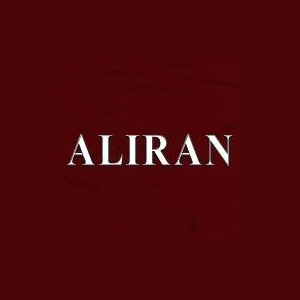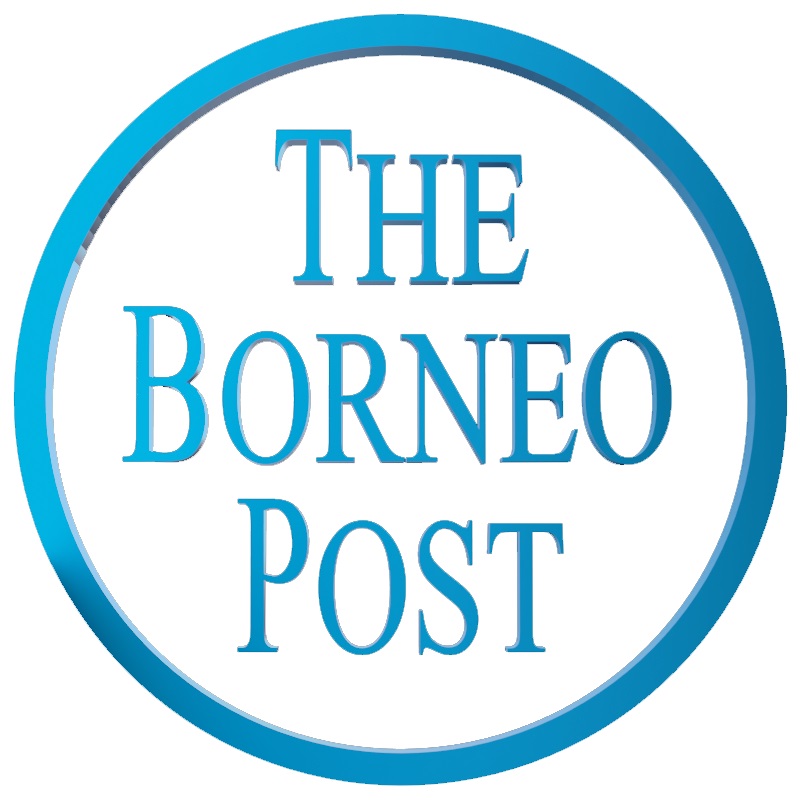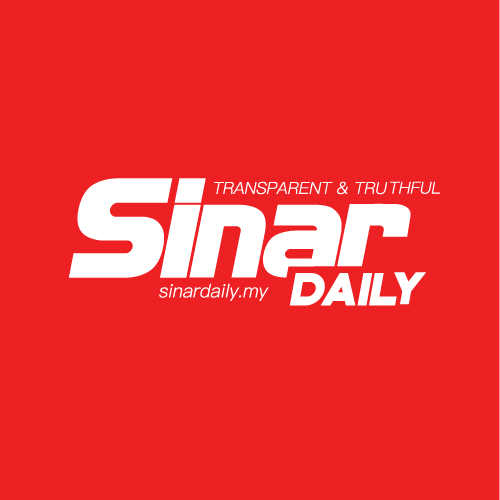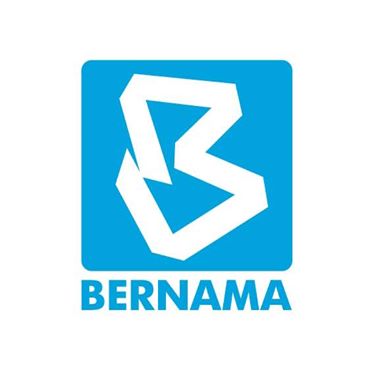Selangor government must uphold right to information and public participation
2 days ago
The Center to Combat Corruption and Cronyism (C4 Center) is appalled by the failure of the Selangor state government to facilitate meaningful public participation in a public hearing during the local investigation and hearing committee meeting of the Selangor draft structure plan 2035.
The decisions made by the Selangor state government – to bar media from covering the proceedings due to alleged concerns of ‘manipulation’ and to make it a closed-door event with only a limited number of attendees allowed to speak – unfortunately reveal a wider problem. It does not understand its responsibility to facilitate public access to information and participation in policy development.
The hearing, which took place on 27 March, was apparently done to gather feedback and objections from the public on the draft structure plan of the state, including proposed large-scale projects.
Nonetheless, the outcome of the meeting showed shortcomings in its public engagement, as of the estimated 80 locals present in the meeting, only six of them were permitted to express their objections, while the others were denied the right to speak.
The time limit given by the state government for speeches was also inadequate, restricting communities from raising their concerns fully.
It is more distressing when considering that the attendees used their own resources to participate in the hearing, only to discover that their time and efforts have been squandered.
Additionally, the meeting chairperson, the state Housing and Culture Executive Council Member, Borhan Aman Shah, restrained media participation to the hearing as there were concerns of manipulated coverage – which only exacerbates the lack of transparency of the public hearing.
These decisions illustrate a fundamental flaw in the state government’s framework for access to information. Although Selangor has had a Freedom of Information Enactment 2011 in force since 2013, it clearly has not catalysed a broader shift towards greater transparency and proactive disclosure of information by the state government.
We would like to ask the Selangor state government: what is the goal of holding these sorts of public hearings? Is it to collect meaningful feedback in order to shape public policy, or is it merely a formality done for the sake of ticking boxes?
By prohibiting media coverage and limiting the number of speakers, the state government is indicating that it does not truly want to receive honest feedback from the public, in contravention of the public’s right to information and participation in government processes.
Although the Town and Country Planning Act 1976 itself does not contain extensive details on how public hearings or local inquiries should be held, the state government should recognise the importance of ensuring a broad range of public opinions is collated and take proactive steps to ensure as many voices as possible are heard.
The lack of transparency could obscure risks of abuse of power and misconduct that can compromise decision-making in planning matters. This could lead to state planning priorities focused solely on economic benefits without considering social and environmental protections.
A prominent issue of concern in Selangor state planning, which is often emphasised by civil society groups and concerned communities, is the planned major waste-to-energy incinerator development in Batu Arang, Rawang. The Batu Arang incinerator was initially proposed by the state government and will be managed by KDEB Waste Management Sdn Bhd in collaboration with YTL Power International Bhd.
Concerningly the incinerator, which shall incur a cost of over RM4.5bn, has a high possibility of creating significant risks to human health. The proposed project is located less than 1km from the surrounding residential areas, which means that toxic air emissions released from the project will be likely to affect the health of nearby residents.
The environmental impact assessment report for the project has not been published for public scrutiny, and there has been a lack of consultation with nearby communities since the announcement of the project proposal.
The state government’s response remains inadequate to this day, as a coalition of Rawang residents, Jaringan Rawang Tolak Insinerator (Rawang Network Rejects Incinerator) has reported that the state government has been evading the community’s enquiries regarding the progress of the incinerator’s development.
This is the kind of public interest issue that members of the public should be empowered to speak up about, and yet the state government does not seem to recognise this fact.
In fact, this situation should also serve as a lesson for the federal government as it is currently in the process of developing a right-to-information law.
Although it is a commendable effort to grant all persons a mechanism to request access to government-held information, it must be emphasised that under many international right-to-information frameworks, making requests is seen as a last resort.
The primary role of the government is to ensure proactive disclosure of government-held information, to the extent that no one needs to make a request as all the information the people require is already publicly available and accessible.
Enacting a law alone is clearly insufficient, and a concerted effort to instil a cultural shift must be undertaken in order to give life to a national right-to-information framework.
Therefore, C4 Center urges the following:
C4 Center
...Read the fullstory
It's better on the More. News app
✅ It’s fast
✅ It’s easy to use
✅ It’s free









